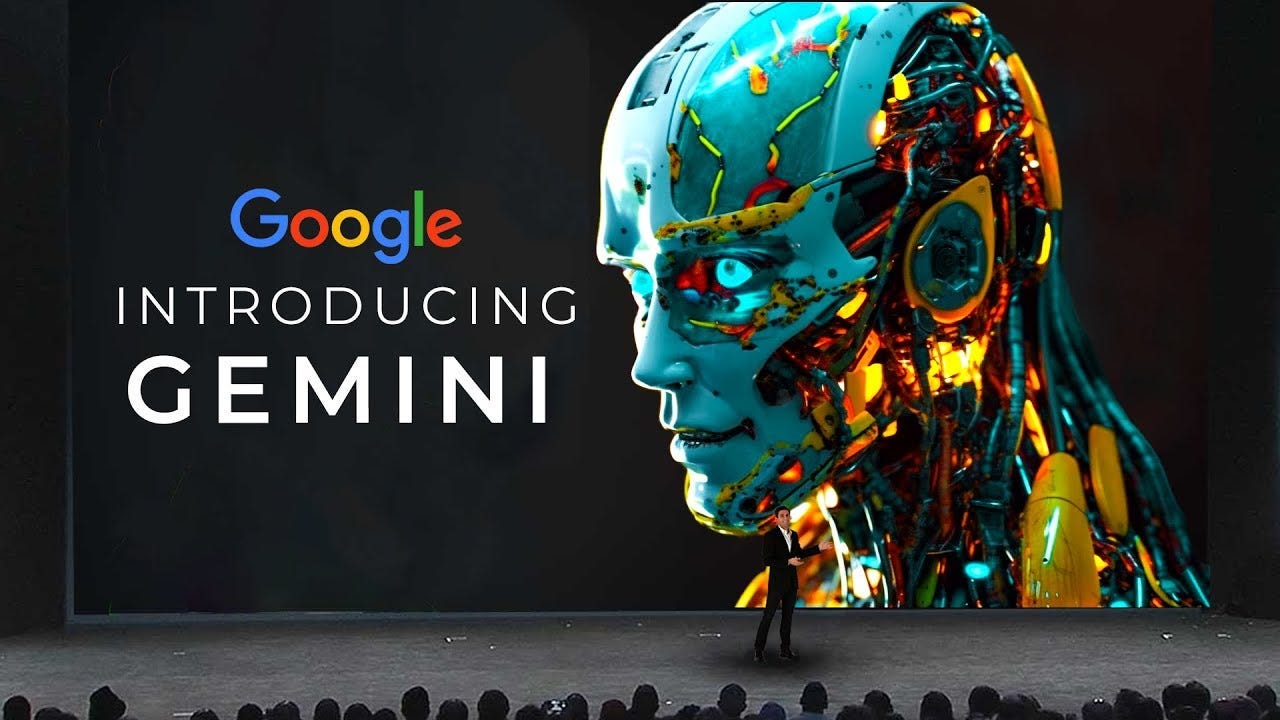Google Search Has Evolved–and It’s Smarter Than Ever
Search engines used to be all about keywords: you’d type in a question, click through a bunch of links, and hope one of them had the answer. But Google’s latest updates have shifted that experience completely. Now, you can simply ask a question, and Google—powered by AI—responds with a direct, comprehensive answer, like you’re chatting with a helpful friend. It can even walk you through solving a tricky math problem or fixing broken code.
If you haven’t tested the new features yet, now’s a good time. At the heart of this transformation is Gemini 2.0, Google’s upgraded AI model. It’s faster, more intuitive, and more capable than its predecessor. It not only understands text—it can also interpret images and video to craft more helpful and contextual responses.
One of the features getting the most attention is called AI Overviews. It’s the summary box you’ll now often see at the top of search results. But it’s more than just a highlight reel: it breaks down complicated questions and actually solves them. For instance, paste in an error message from your code, and instead of merely explaining the issue, Google gives you a polished snippet that should work. Upload a photo of a math problem, and it walks you through the solution step by step. For students or anyone needing real-time help, it’s incredibly useful.
Another win: anyone 13 and older can access these tools without signing into a Google account. That makes it both accessible and relatively safe for teens, especially since inappropriate content gets filtered automatically.
There’s also a newer, experimental feature called “AI Mode,” which brings a conversational interface to Search. Instead of typing queries one by one, you can carry on a thread of questions in a chat-like experience. It remembers context from earlier parts of the conversation, giving you better, more connected answers. Say you’re planning a trip to Tokyo: you could ask for a five-day itinerary, then follow up with “Where’s a nice place to take my parents for dinner?” The AI links those questions and suggests parent-friendly spots near where you’ll be.
Of course, the tech isn’t flawless. Like any generative AI, it can sometimes give convincing but incorrect answers—a phenomenon often called “AI hallucination.” To help manage that risk, Google includes a “source check” button beneath each AI response. Click it, and you’ll see the full list of sources or data points behind the answer so you can judge its accuracy.
This shift also has big implications for the content creator community. As AI-generated summaries become more effective, users are less likely to click through to websites. In fact, nearly 40% of searches now end without a single click—a trend known as “zero-click search.” For publishers and bloggers who rely on traffic to monetize their work, that’s a clear red flag. To stand out in an AI-enhanced landscape, content needs to go deeper—offering real-world testing, original interviews, or rich multimedia that machines can’t replicate.
These AI features are made possible by the power of Gemini 2.0, which specializes in integrating different types of input to deliver intelligent responses. For example, you could upload a photo of your living room and ask, “How can I turn this into a home office?” The AI analyzes the layout, then browses online catalogs to suggest makeover ideas across different price points. It’s not just about better searching—it’s bordering on personalized consultancy.
Looking ahead, Google plans to introduce even more personalization. Imagine asking, “What’s a good place to relax this weekend?” and getting suggestions that consider your current location, the weather, your YouTube viewing habits, photos in your Google Photos library (yes, including your pets), and even gaps in your calendar. In essence, search is transforming into a truly personal assistant.
Naturally, that level of personalization raises privacy concerns. Google has said all such features will be opt-in only. Data is encrypted, and you’ll always be able to turn features off, so nothing gets tracked without your explicit permission.
In short, Google Search is no longer just a tool for finding answers—it’s evolving into an intelligent assistant that understands context, provides actionable advice, and adapts to your habits. Next time you need help or inspiration, try asking it something tough. You might be surprised to find it knows you better than you know yourself.



